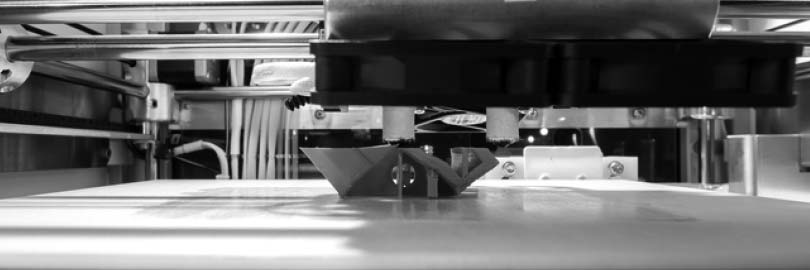Oriented towards additive manufacturing
Worldwide R&D center of the Swiss Watch Business and with the legacy of 300 years of industrial know-how, Neuchâtel is by nature oriented towards intelligent additive manufacturing.
The density of academic competences and famous research institutes (*) combined with a strong industrial fabric of SMEs position Neuchâtel as the place where ideas turn into products.
Located in the heart of Watch Valley and in a site built by the latest standards of technology, Microcity HQ offers twelve laboratories and nearly 600 researchers, resource efficiency, minimal environmental impact and well-being of users for the biggest microtechnology cluster and competence center in Europe.
*(Federal polytechnic school EPFL, Swiss Center for Electronics and Microtechnology CSEM, University of Applied Sciences and Arts HES-SO, University of Neuchâtel Unine)

Energy, Natural Resources and Environment
Future of photovoltaics
The demand for energy is continually increasing along with the need for new and clean energy sources. Solar energy will definitely be an important part of the future energy mix and rapidly become a vital source of energy.
Materials and Manufacturing
Sensors
Practitioners of manufacturing have always employed sensors. The current revolution in computer-integrated manufacturing has been enabled by advanced sensor technology. In many instances today, manufacturing process sensors are the limiting capability that defines the best possible product performance and reliability.
Microtechnology
On the strength of its dynamic research facilities, Swiss microtechnology has demonstrated its expertise in all areas of industry (watchmaking, medtech, electronics, cars, spatial, telecommunications, biotechnology, chemicals, etc). Microtechnology is deeply rooted in Neuchâtel’s industrial history which has developed continuously through innovation for the benefit of mankind.
Additive manufacturing
Additive Manufacturing encompasses many technologies like 3D Printing, Rapid Prototyping (RP), Direct Digital Manufacturing (DDM), layered manufacturing and additive fabrication. While the adding of layer-upon-layer approach is simple, there are many applications of the technology with degrees of sophistication to meet diverse needs.

3D printing
Today mechanical and electrical discharge machining and stamping processes are still playing an important role in parts production. The future of parts production will be dominated by the emerging technologies like laser machining, 3D printing and plasma etching. In Neuchâtel is one of the most advanced laboratories for Microengineering and 3D printing.
Projects
A Decade of Collaboration for EPFL and Solar Impulse
A Decade of Collaboration for EPFL and Solar Impulse
Read moreFirst aircraft only powered by photovoltaic cells to circumnavigate the globe.
Breath test for detecting head and neck cancer
Breath test for detecting head and neck cancer
Read morePortable device detects the presence of certain types of cancer in people’s breath. Innovative tool for the early diagnosis of tumors.
EPFL students revolutionize medical sterilization
EPFL students revolutionize medical sterilization
Read moreA cheap mobile sterilization kit for medical tools to prevent infections resulting from bad hygienic conditions.
Partners

CSEM
CSEM is a private, non profit Swiss company for applied research, including technology, strategy and innovation consulting, focused on generating value for a sustainable world. Founded in 1984, CSEM employs 440 collaborators and develops innovative technology platforms for the Swiss Confederation.

Université de Neuchâtel
Situated in an idyllic setting between lake and mountains, the University of Neuchâtel counts 4500 students, of which about 20% are of foreign nationalities, and 740 staff members for the faculties of Humanities, Science, Law, Ecenomics and Business, Theology.
